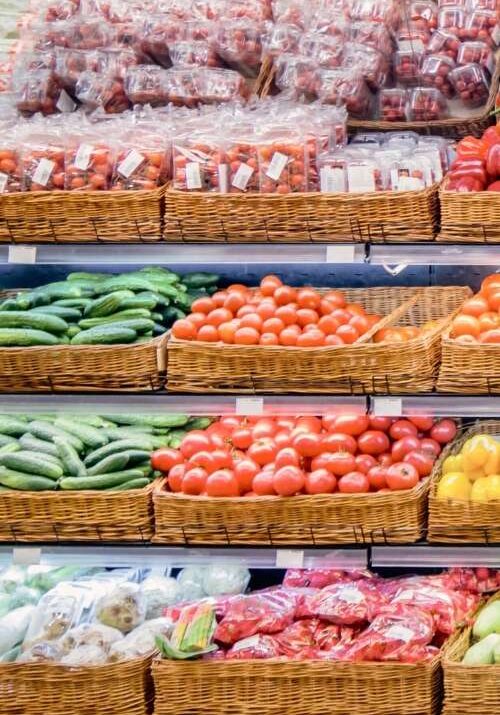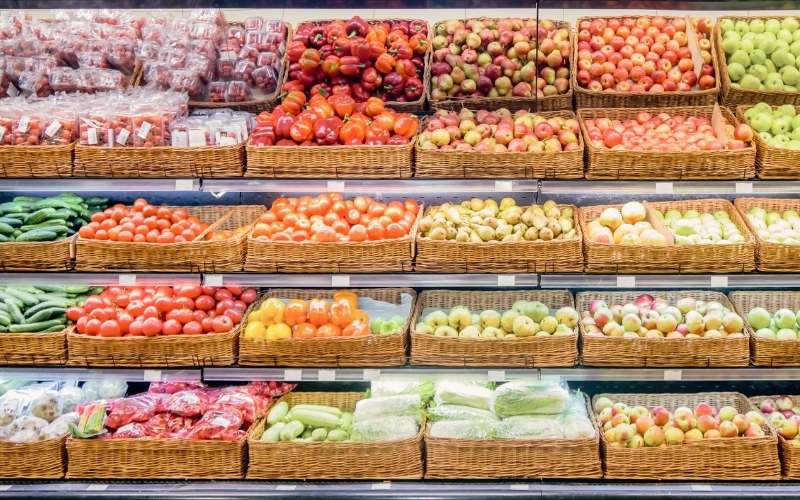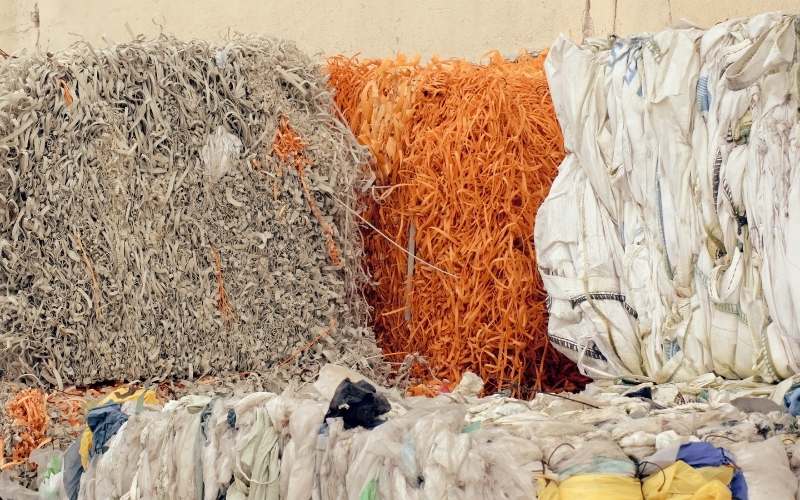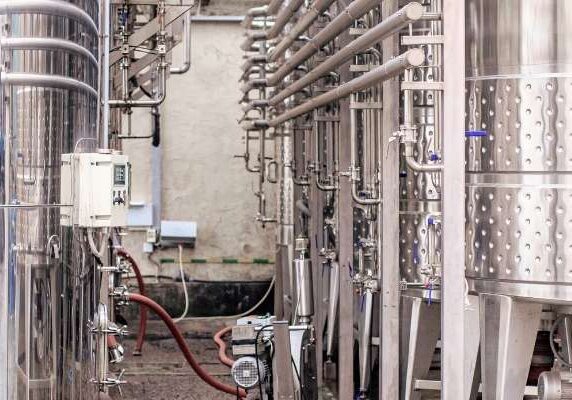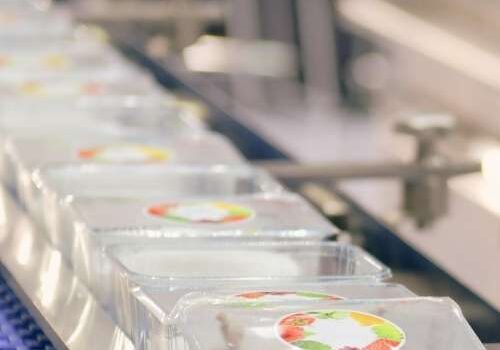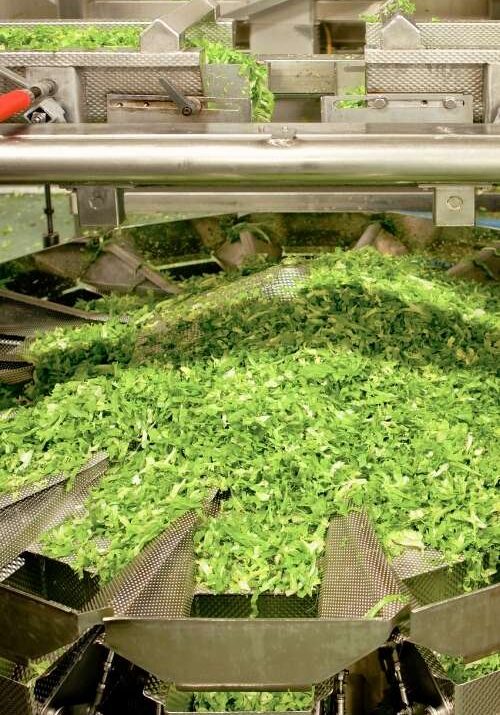
At our organization, we have extensive experience in dealing with bulk solids. We understand that bulk solids refer to food products before they are packaged, such as bins or Gaylords filled with dough, rice, beans, or other ingredients. Even vegetables like watermelons, which are sold in their bulk form, fall under the category of bulk solids. In this article, we will explore the key challenges and opportunities associated with managing and recycling solid waste, specifically focusing on bulk solids.
Challenges in Managing and Recycling Bulk Solids
One of the primary challenges in dealing with bulk solids is the collection process. Since these materials are typically collected at the point of production in food facilities, it is crucial to find the most efficient and effective collection methods. This involves considering the operational aspects for the food facility, ensuring that the collection process aligns well with the employees' workflow and the overall production process. Additionally, the choice of containers for storing bulk solids is essential, as they often contain wet materials that can be heavy. It is vital to select containers that can withstand the shipping journey to the recycling site, preventing any potential damage during transportation.
Specific Examples of Bulk Solids
To provide a better understanding, here are some specific examples of materials or products that fall under the category of bulk solids:
- A bin filled with cooked rice
- A cardboard Gaylord containing watermelons
- A rolling cart filled with cooked ravioli, which is considered waste
These examples illustrate the diverse range of materials that can be classified as bulk solids. It includes larger quantities of unpackaged items commonly found in food production facilities.
Ensuring Efficient and Sustainable Recycling of Bulk Solids
Recycling bulk solids can be a more straightforward process compared to separating packaging materials. However, it still requires careful handling. The weight and moisture content of the bulk solids play a crucial role in the recycling process. Additionally, the packaging used for containing bulk solids must be durable enough to withstand the moving process during recycling. By considering these factors, we can ensure the efficient and sustainable recycling of bulk solids, minimizing the environmental impact.
